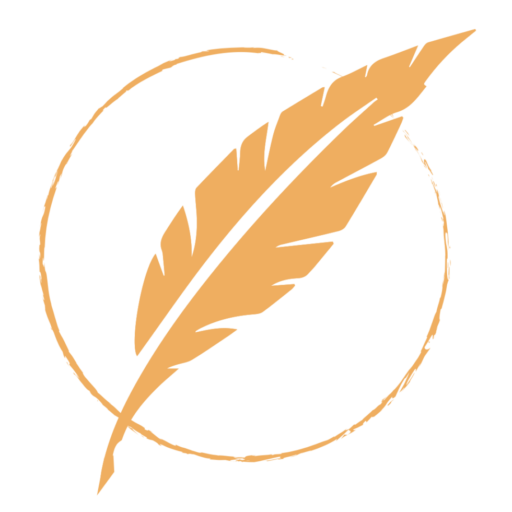She came among us
like a wild creature
fresh from the forest,
wearing a tunic of green,
wreath of flowers in her hair.
Orpheus returned,
she sang to us of mysteries
long lost,
secrets of the animals
and trees,
how these were our ancestors,
beloved precursors
of our souls.
Bears, rabbits, garden snakes,
small bodies of water,
even spiders–
all received her blessing,
all part of the oneness that is.
We listened in awe
to her sacred melodies,
in trance and yearning
for what we had forgotten,
our lost songs of spirit,
ceremonies of connection,
the place where we began.
-Dorothy Walters, in The Kundalini Poems
Get the Sunday Poem
Sign up for the newsletter to receive a mystical poem every Sunday.
A Wild Creature
I recognize Mary Oliver’s influence in Dorothy’s poetry. Consider this line, from “Seekers,” earlier in the same book:
And so I roamed,
looking here and there,
gazing at the hieroglyphs on trees
or peering into the throats of flowers for secret revelations,
listening to the waves pounding the shore for messages,
examining books and stars,
seeking essence.
When I first read the line, “peering into the throats of flowers,” I thought of Mary Oliver.
But this poem is more than a tribute to one of the world’s greatest poets(though as always, I don’t claim any insight into the author’s intention – I am merely discussing how the poem lands with me). It is also a poem about what it means to be a poet. About the subtle power of words to transform human lives and culture. About freedom and soul’s purpose.
On the Transformation of Society
We listened in awe to her sacred melodies,
in trance and yearning
for what we had forgotten,
our lost songs of spirit,
ceremonies of connection,
the place where we began.
How could this “yearning for what we had forgotten,” which Mary Oliver so skillfully evokes, not transform the lives of those who experience it, if even a little bit? And how could her poems, read by so many, not begin to transform our society in small and profound ways?
I imagine millions of people remembering what it is like to notice things. To sit by a little stream bathed in sunlight, and to hear the quiet song of dragonfly wings. To look at the stars, and open, once more, to the wonder we have kept hidden since we were children.
What might that do to the way we engage in society? How would it shape our cultural priorities? Would we be as apt to exploit the natural world as we are now?
On Freedom and Soul Purpose
This poem is also a poem about freedom and soul purpose. About what it means to embody our souls in the context of a human culture that is soul-suppressing. Mary Oliver was not only:
a wild creature
fresh from the forest,
wearing a tunic of green,
wreath of flowers in her hair.
A wild creature is a good and noble thing. Simply being that, and refusing to be otherwise, would have been a great service to humanity. Yet, Mary Oliver was that and more. She also “sang to us of mysteries long lost.” She revealed to us, in her simple and precise way of observing the world, that everything, no matter how small, is “part of the oneness that is.”
Mary Oliver did not live her wildness alone. She allowed her experience to be transmitted in words, as a “song” that others may hear. She did not depart from our culture, which fears and despises wildness. She did not leave the rest of us behind. Instead, she placed one foot firmly in each world so that she could offer a bridge for the rest of us to follow. Back to:
our lost songs of spirit,
ceremonies of connection,
the place where we began.
Dorothy Walters, the sublime mystic poet, follows in Mary Oliver’s footsteps. Not through imitation, but by being her own unique wild self. May we all follow and become ourselves.

Art by @awe.and.devotion





